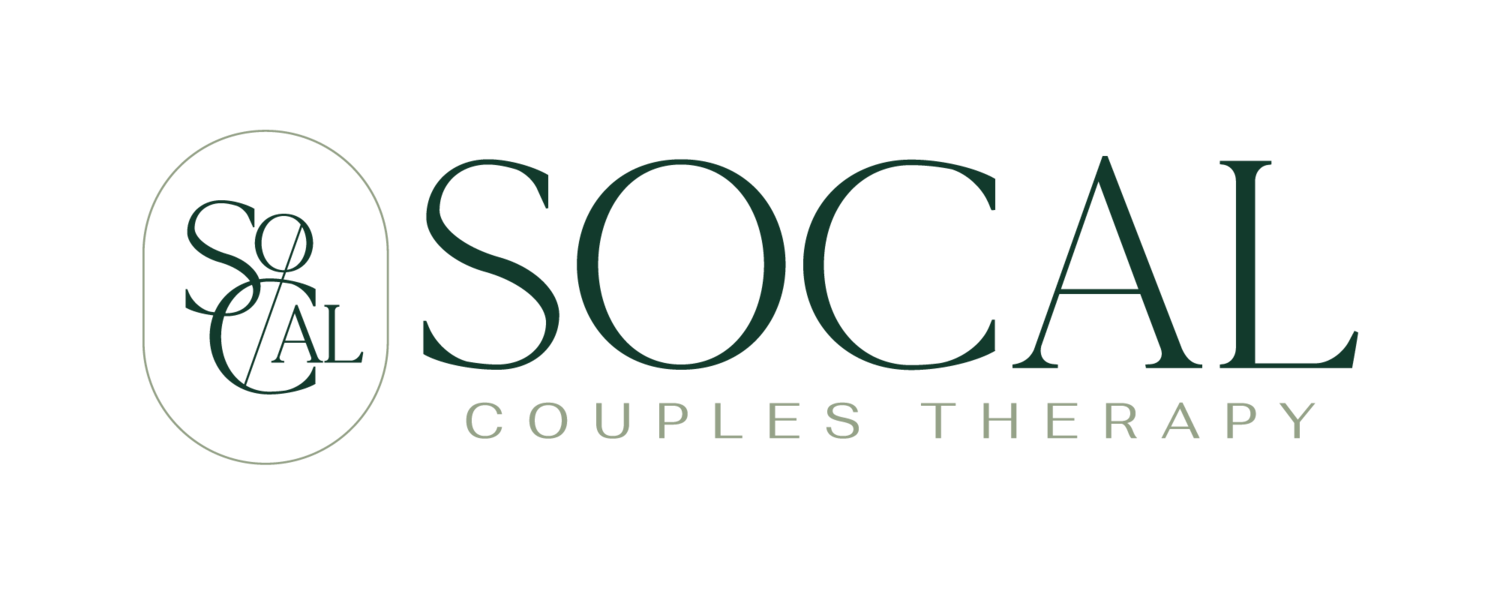Questions To Ask A Prospective Online Couples Therapist In California
After perusing a few therapy directories and checking out some therapist websites, you’ve finally found some potential online couples therapists in California that seem like a good fit.
You’ve scheduled a few free consultations with each of these therapists, but you’re not entirely sure what to ask or what’s appropriate.
My first suggestion is to check out the therapist’s FAQ page on their website so that you can make the most of the brief 15 or 20 minutes you have together and already have some of your questions answered (e.g. fee for therapy, current availability, ability to meet with partners in different locations, and frequency of sessions).
You will likely be asked to share a brief summary of what’s bringing you to couples counseling at this time, so it may be helpful to consider your own answer to this prior to the consultation. Your answer will help the therapist decide if they are the right person to help you or if a referral would be more appropriate.
Questions To Ask An Online Couples Therapist in California
What therapeutic approach do you use in your work with couples? What does this look like in sessions?
There are a number of approaches to couples therapy, such as Gottman Method Couples Therapy, Emotionally Focused Couples Therapy, Imago Couples Therapy, and Relational Life Therapy. I typically encourage couples to find a therapist who specializes in at least one specific approach to couples therapy or style of working with couples because working with couples is very different from working with individuals. This will provide you with some indication of the therapist’s training and experience in working with couples.
What does the assessment phase of therapy look like (if there is one)?
Some therapists require an assessment phase with 3 sessions: In the first session, the therapist meets with both partners and gathers history related to the relationship/marriage. In the second session, the therapist meets with each partner individually and gathers history related to their childhood, upbringing, mental health history, and past relationships. Prior to the final session, therapists may also use an assessment tool (such as the Enhanced Gottman Relationship Checkup). In the final assessment session, the therapist meets with both partners again to provide feedback related to the assessment and discuss some goals for couples therapy.
How are sessions structured?
Some therapists are more directive in their approach and some (e.g. psychodynamically-oriented) take a more passive role in their approach. If you don’t have a clear understanding of the challenges in your relationship (or your simply seeking some premarital counseling to prepare you for marriage), you may find a passive therapist less helpful to you.
What types of couples issues do you specialize in?
There are a wide range of issues that couples therapists may specialize in, some of which include: couples on the brink of divorce, couples with young children, premarital counseling, peripartum couples (before and after childbirth), couples navigating the aftermath of an affair, couples in addiction recovery, LGBTQIA+ couples, BIPOC couples, and polyamorous/open/non-traditional relationships. If you can find a therapist you who specializes in working with the particular issue you’re coming to counseling for, all the better.
What is your stance on working with BIPOC and/or LGBTQIA+ identified couples?
If the answer to this question isn’t clear on the therapist’s website and you identify as a member of one or both of these groups, you may want to ask the therapist during the consultation. If they struggle to give you an answer, you may want to just move on to the next one. Not all therapists share the same stance on this and much of psychology and even approaches to couples therapy have been based on the work of White heterosexual cis-men.
While the consultation may feel like an interview (for both you and the therapist), it’s best to worry less about asking the right questions or giving the right answers, and focus more on the connection you feel or don’t feel with the therapist.
Does the couples therapist seem to have an initial understanding of your problems and can they offer some hope or optimism in their ability to help your relationship? If yes, they sound like a good fit!
I hope these questions and considerations were helpful in your search to find the best online couples therapist in California for you both. If you’d like more guidance, feel free to call me at (714) 462-3108 for a free 15-minute phone consultation. I’d be happy to help you find the right couples therapist for your relationship. If you’re wanting more clarity and confidence regarding your marriage or hoping to build better communication skills, you can read more about how I help couples from diverse backgrounds here.
Photo by Tim Samuel from Pexels

